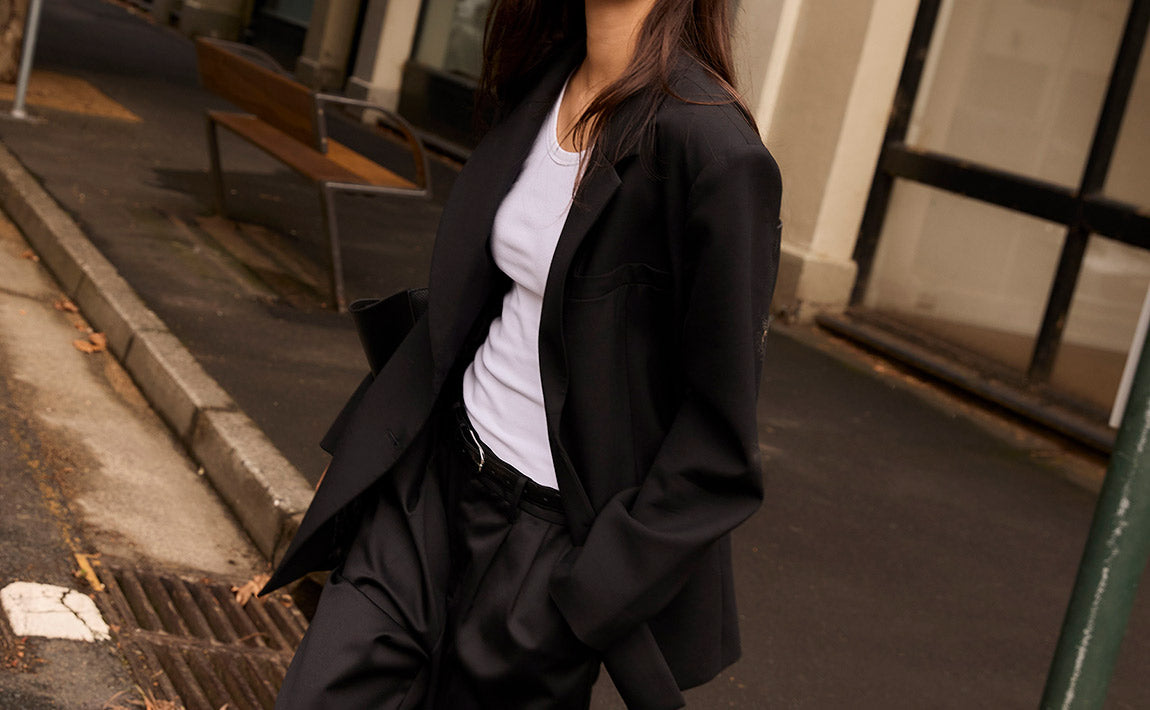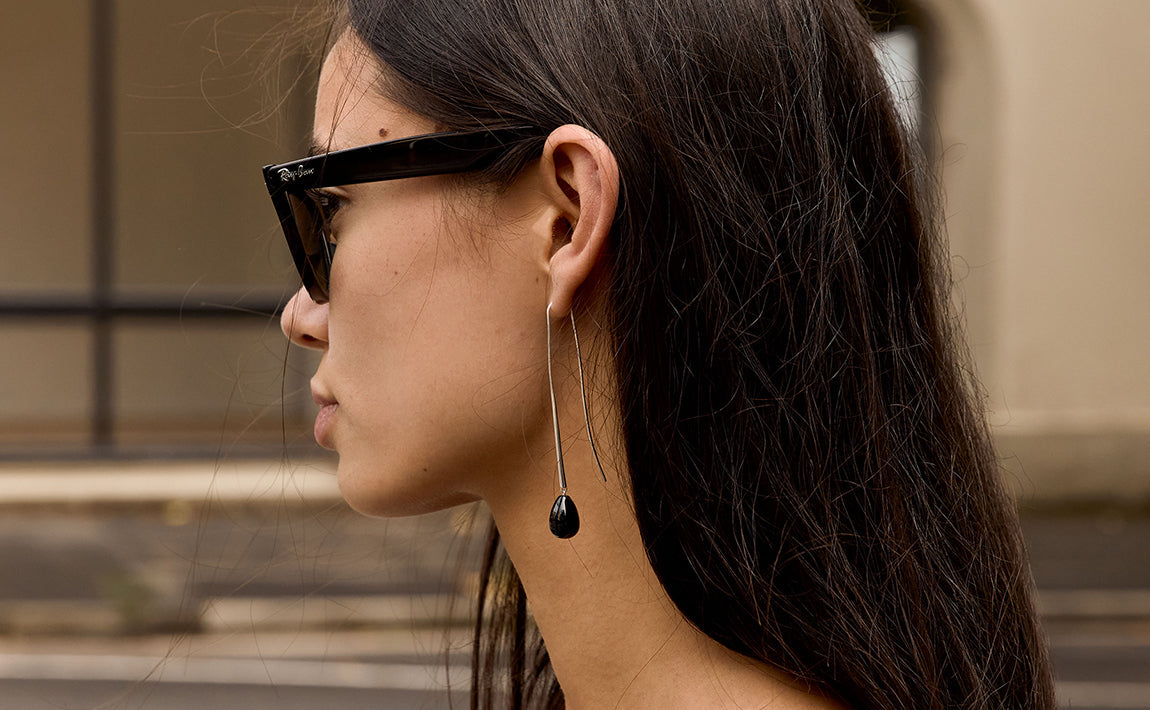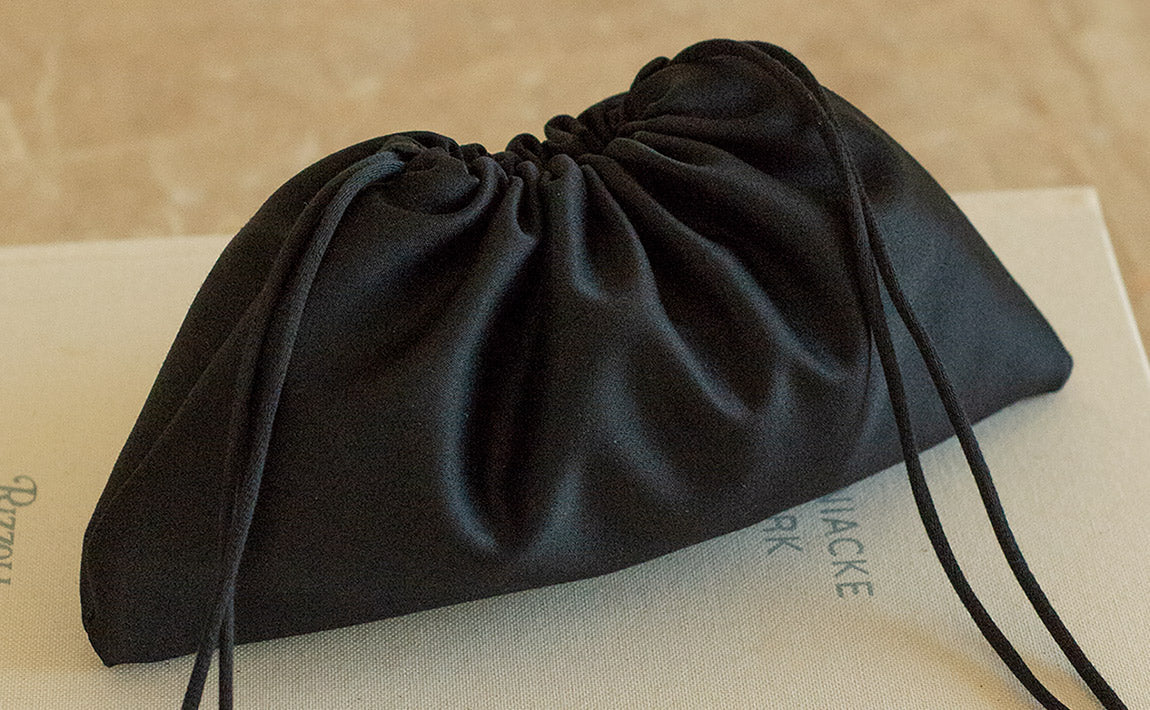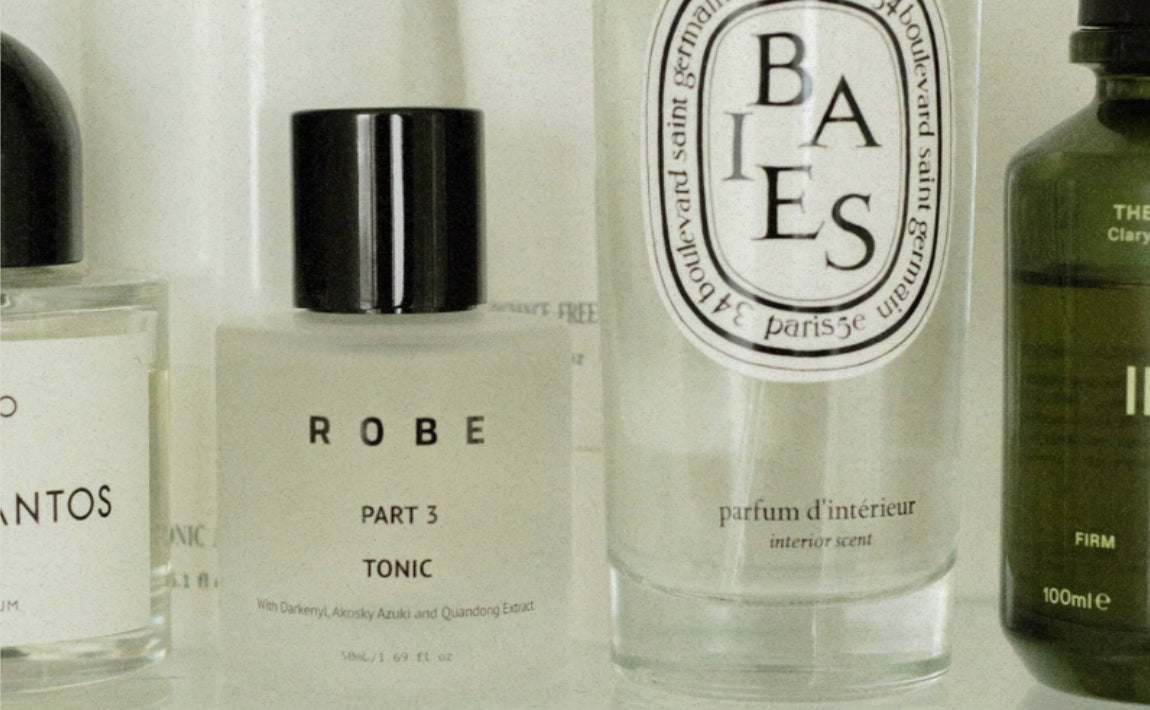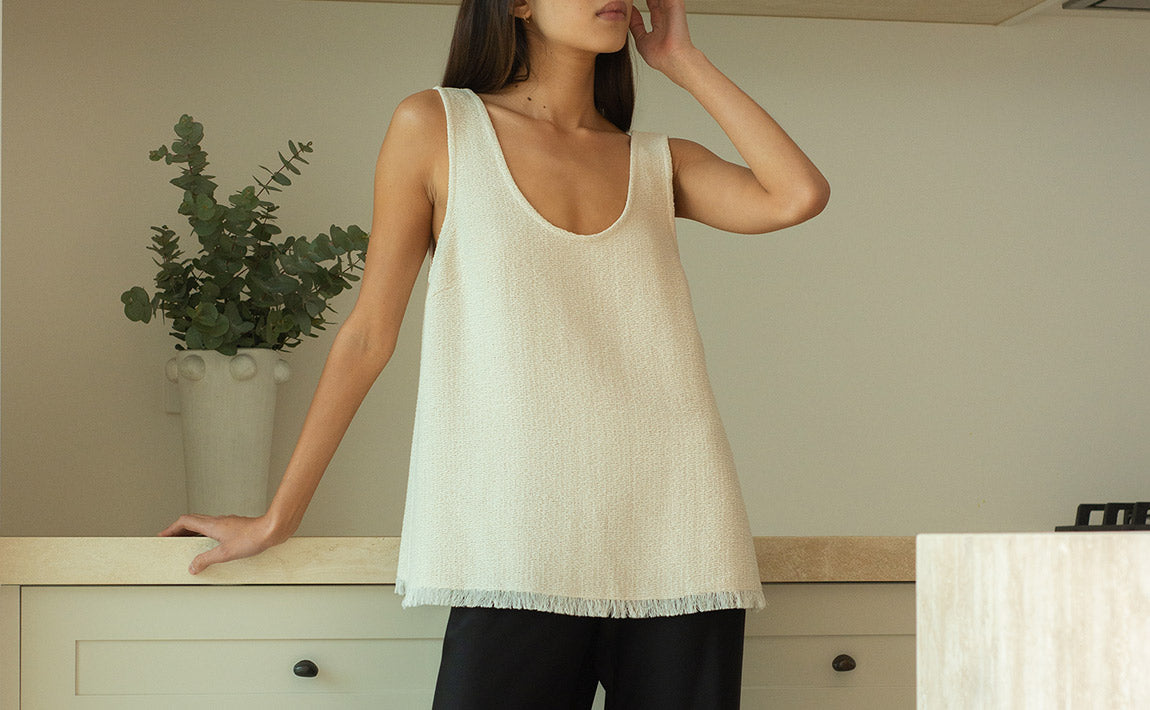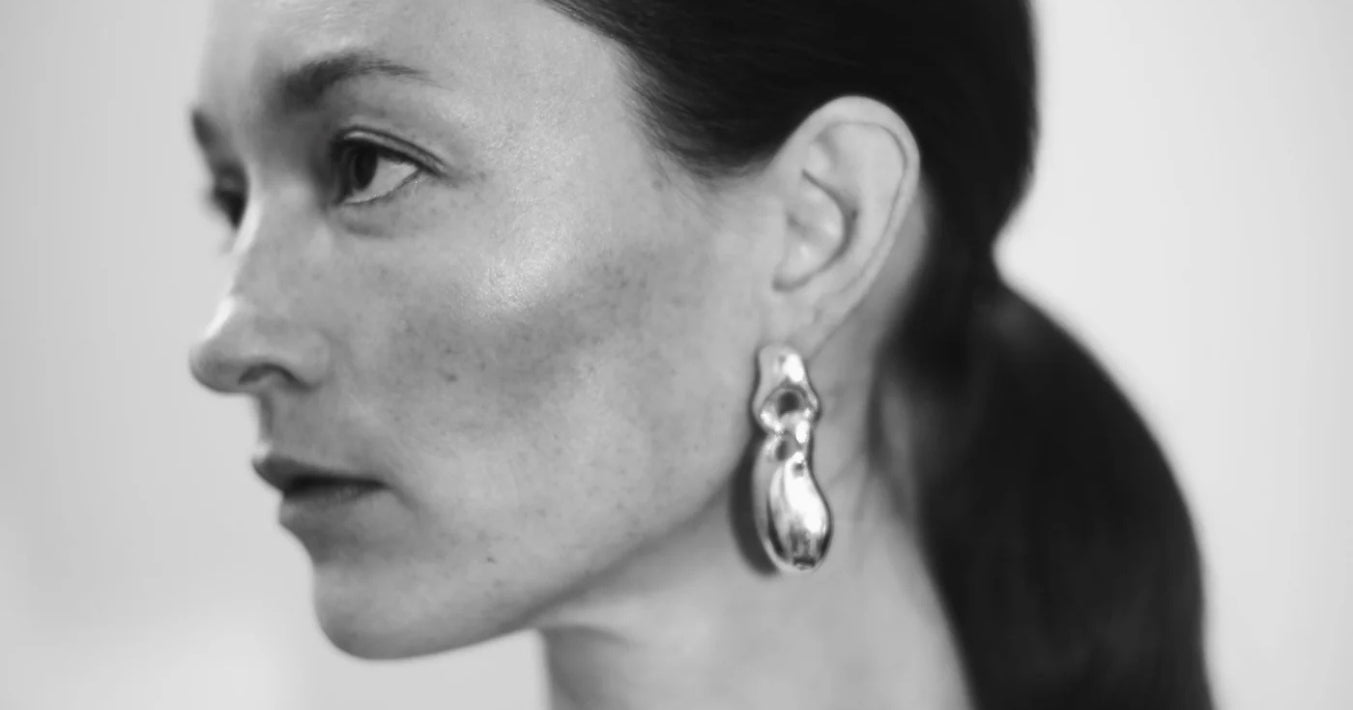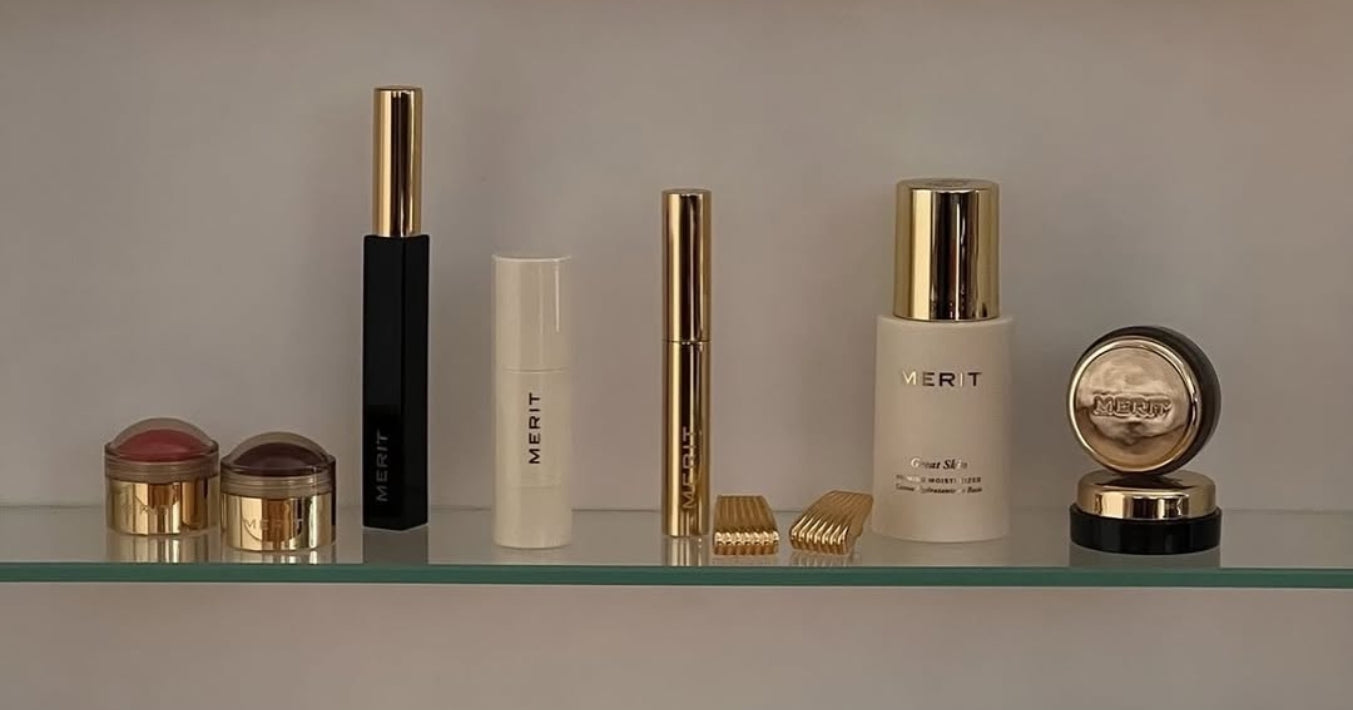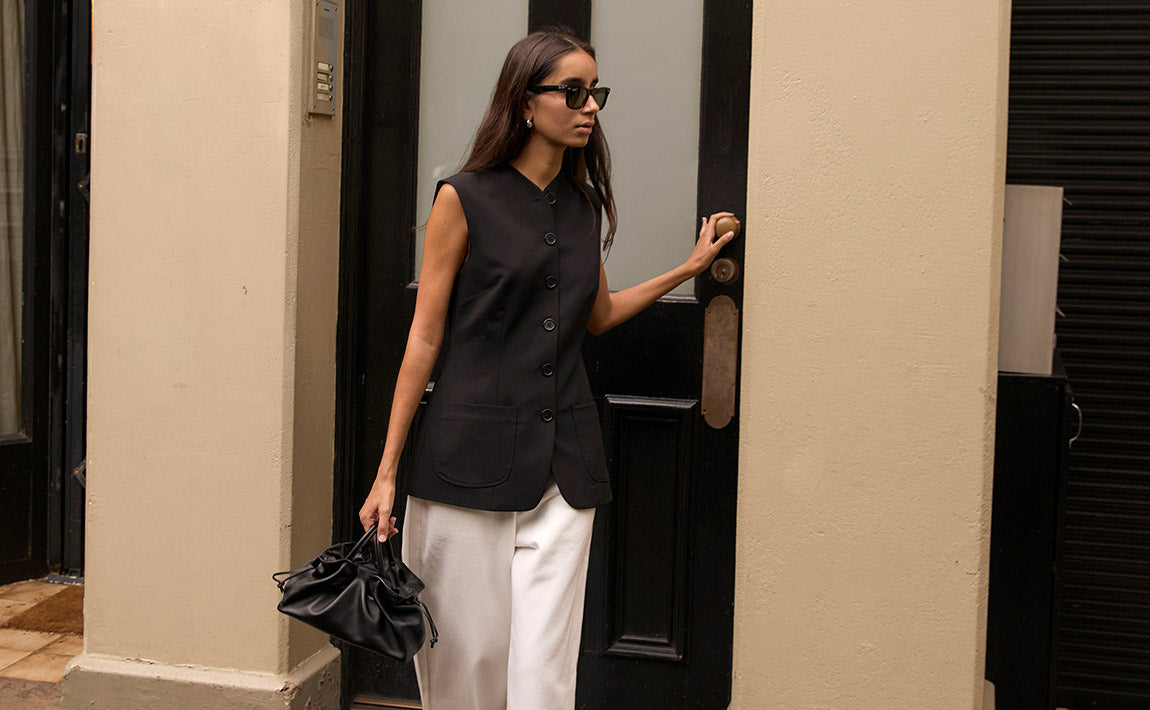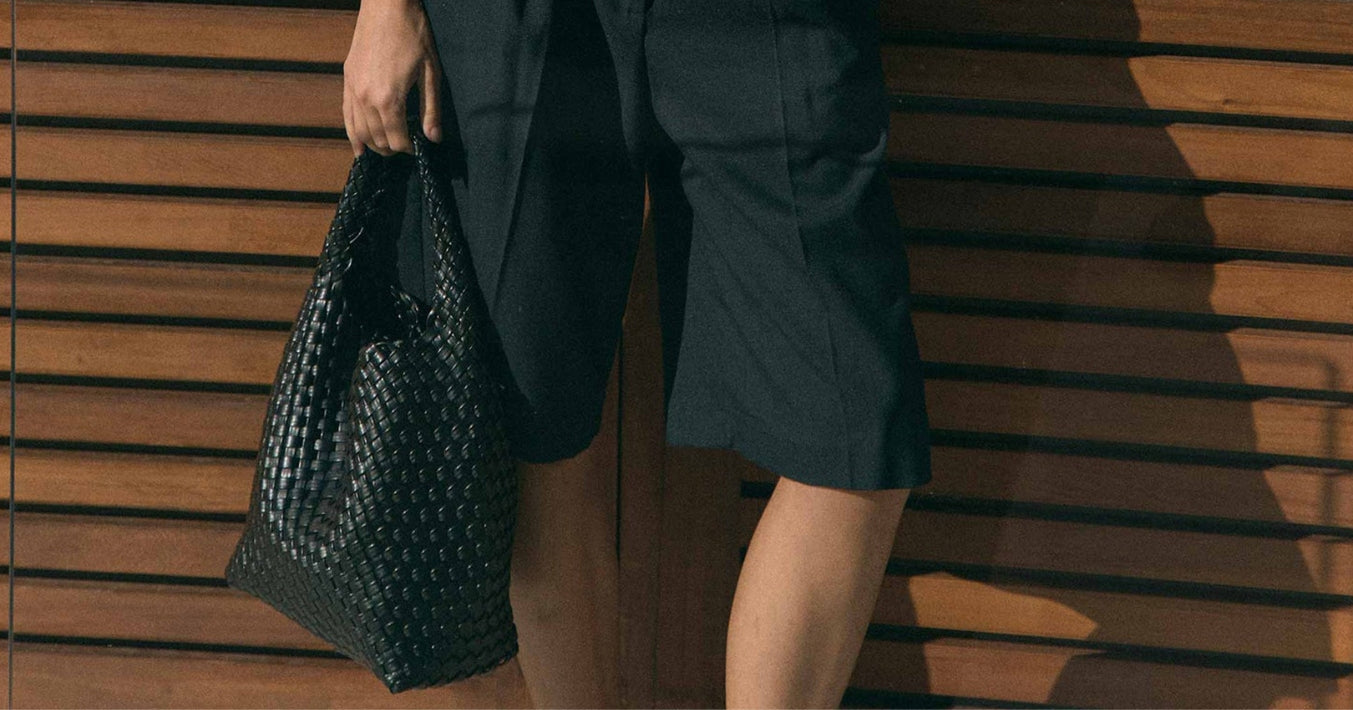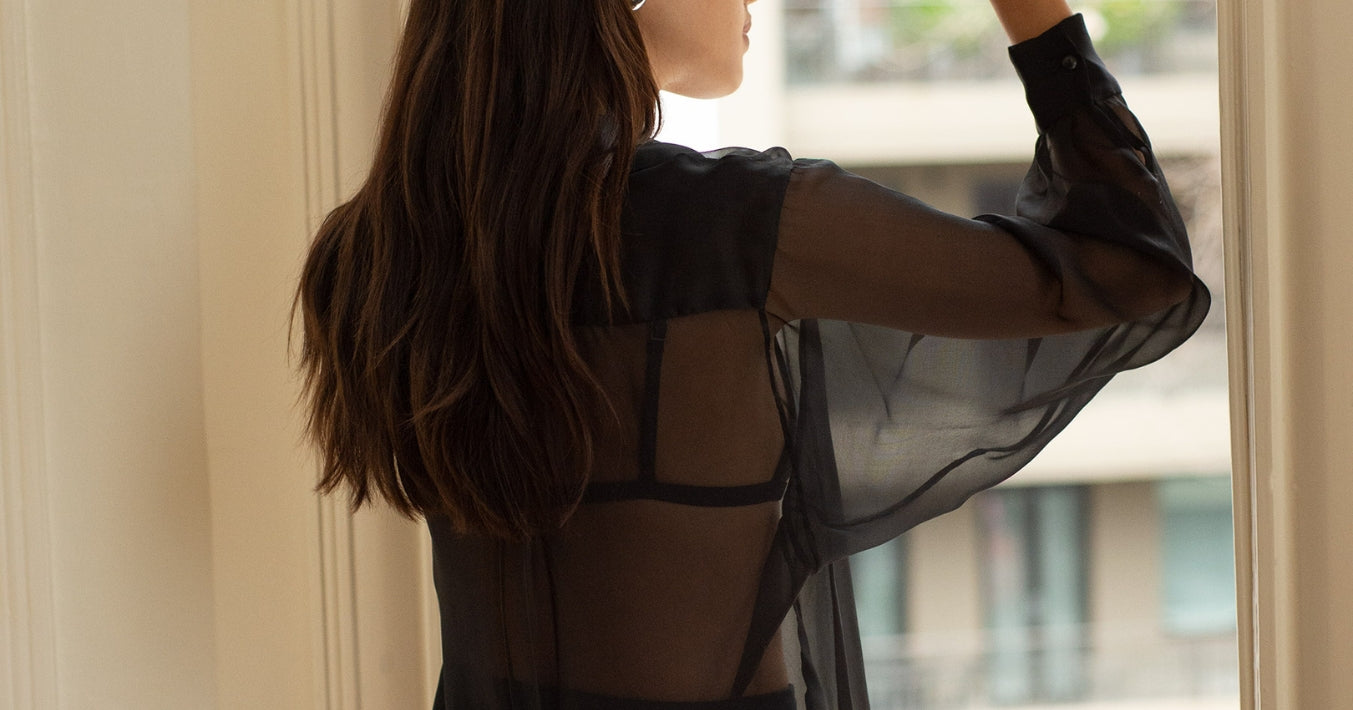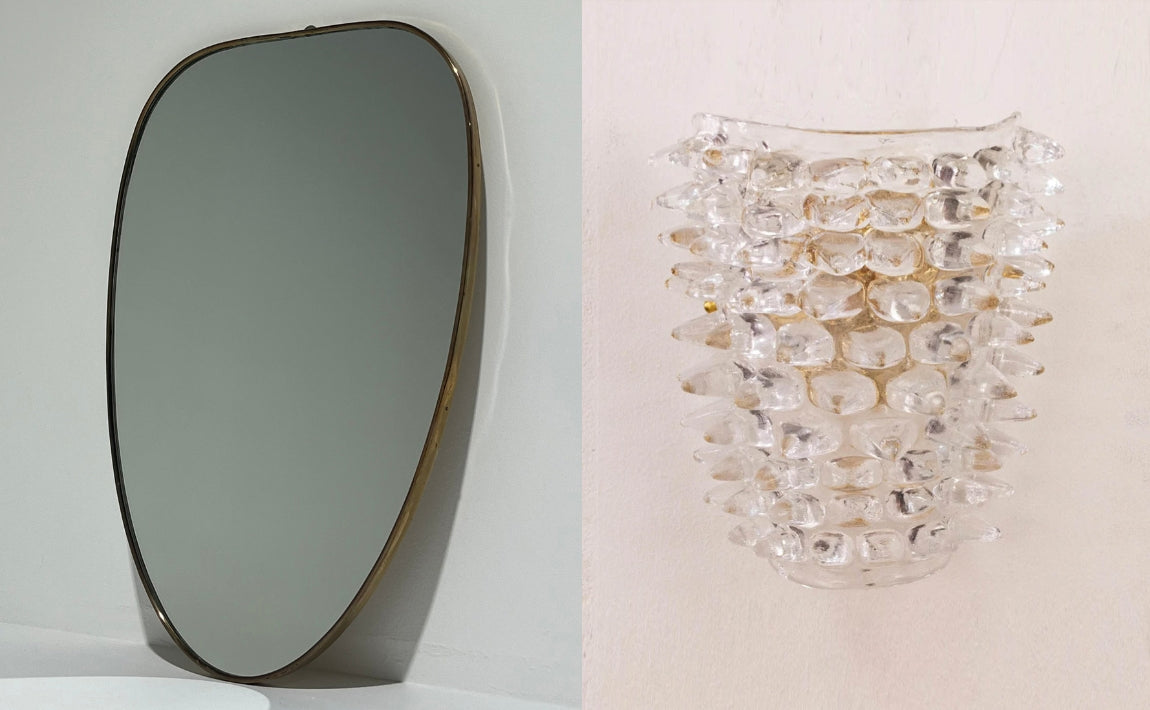5 Sustainability Terms to Understand
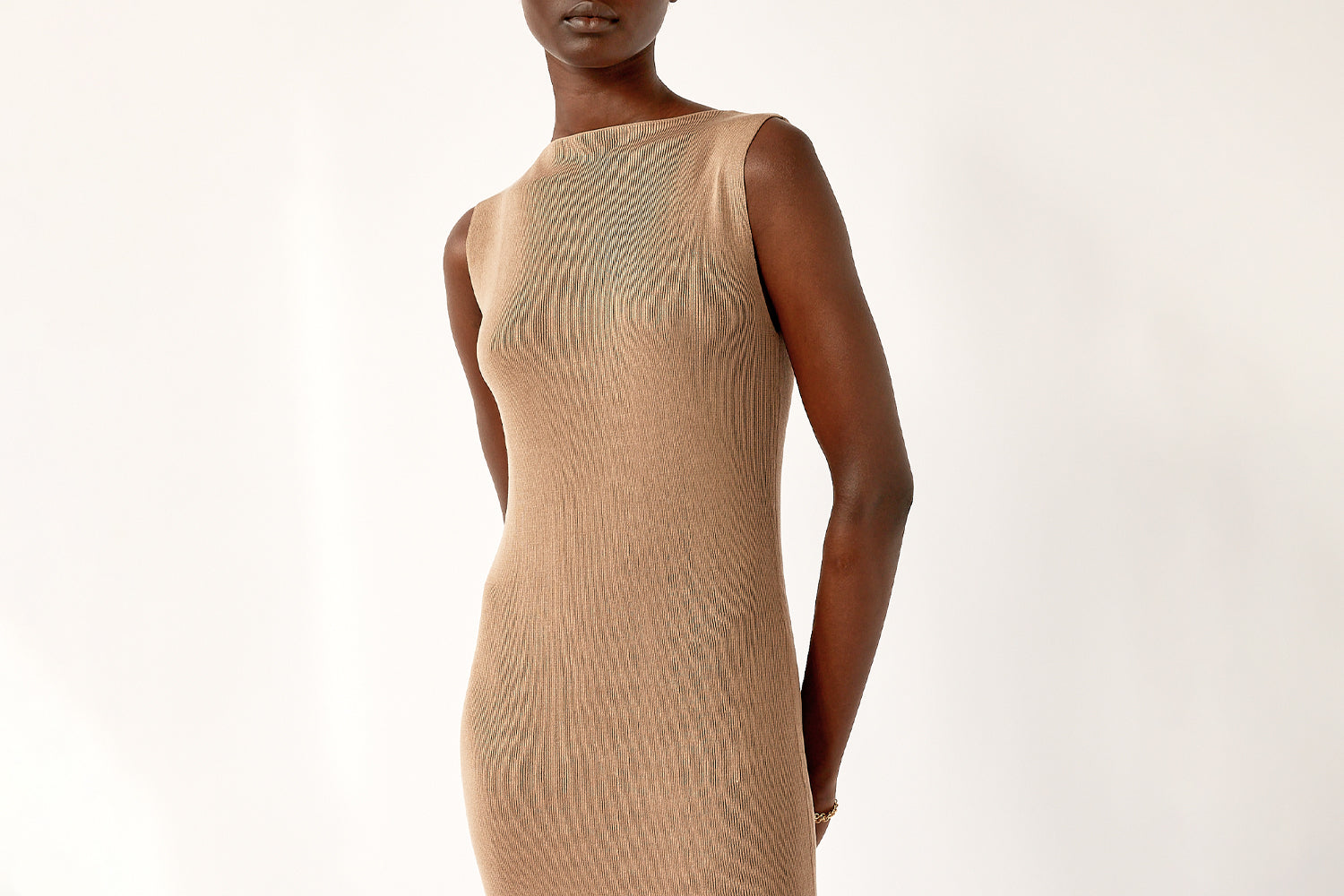

There is a LOT to learn about sustainability in the fashion space and we are committed to constantly learn and make changes to how our business operates as well as our personal shopping habits.
What is helpful is there are lots of resources for businesses and shoppers being created, as well as independent certifications to formalise production practices and new innovative fabrications being created.
Here are 5 sustainability terms to understand to assist in your personal conscious consumption journey.

B-Corp
B-Corp certified businesses need to go through a rigorous, independent review process that accesses every part of their business to ensure they’re meeting high standards of social and environmental practices for the benefit of people and the planet.
Bondi Born is one of just a few B-Corp rated fashion brands in Australia. Bondi Born reached their B-Corp certification due to numerous criteria, and a few noteworthy areas include 100% of production is locally made in Sydney, Australia by family owned makers who pay their staff fair wages. They only source the highest quality, sustainably certified fabrics and the brand actively works to minimise fabric wastage by buying fabrics to order, making small production runs and repurposing dead stock fabrics. Their activewear collection started by repurposing fabric offcuts from their swimwear.
OEKO-TEX 100
OEKO-TEX 100 is an independent global testing standard that tests fabric for more than 100 harmful substances. Textiles are tested for legally banned and regulated substances as well as harmful chemicals that aren’t illegal, like pesticides, ensuring the clothes we put on our skin are safe and no harmful chemicals will be absorbed by our body.
Deiji Studios exclusively use OEKO-TEX 100 certified linen for their loungewear.

Cellulose
Viscose is a cellulose fabric and can be called a few different names (Rayon, Modal, Cupro) and can cause a little confusion and greenwashing as they are a hybrid between a natural and synthetic product. Although originating from trees and bamboo, wood pulp goes through a man made process and can use harmful chemicals during the manufacturing process, plus the process of clearing the trees can cause damage to the environment, animal habitats and the communities that live there.
An exception to this is Tencel, a trademarked brand name from Austrian company Lenzig, who have created a process using sustainably sourced wood that goes through a closed loop manufacturing process where the processing water, chemicals and solvents are recycled and reused, minimising the environmental impact of production.
St. Agni’s new knitwear is made from 100% Tencel.
Fair Wage vs Living Wage vs Minimum wage
Take a closer look at your favourite brands ethical and sustainability policies, if they have them, and see if they mention the wage their workers are paid.
A minimum wage is the bare minimum regulated by each country's government, a living wage is a threshold that covers a family or household’s basic needs, and a fair wage uses a living wage as the minimum and also complies to regulations like payment of wages, overtime payment and provision of paid holidays.
Brands CAN afford to pay their workers a fair wage. If a product is too cheap, sadly those that made your clothes (most often it's women) are the ones being exploited.

GOTS
GOTS (Global Organic Textile Standard) is the leading certification standard for organic fibres and has a clearly defined set of criteria throughout the supply chain for both the environment and people.
Only 1% of cotton being produced is organic and it takes 2-3 years for a conventional cotton farm to transition to an organic one. However choosing organic cotton is better for the environment and the people that farm it.

